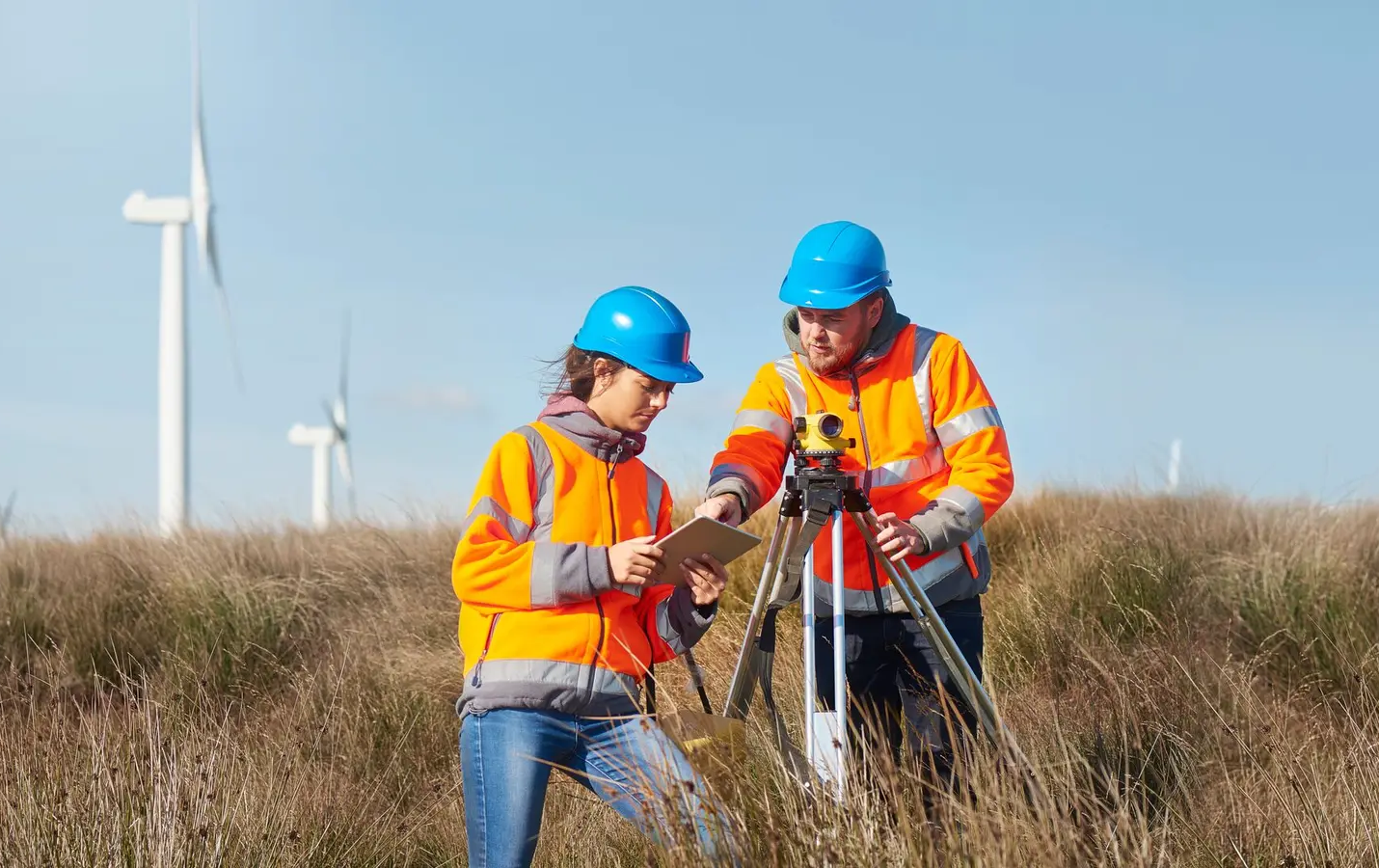
Water Conservation: 7 Simple Ways to Save Water at Home and in Your Business
Water is one of our most precious resources, yet it is often wasted without thought. ...

Vodafone installed and deployed in 2023 new solar photovoltaic generation at sites in the UK, Egypt and South Africa, increasing its annual on-site generation of renewables to 14 GWh per year, according to a press release.
Vodafone is also partnering to develop new innovative solutions for renewable generation, including projects to install 750 micro wind turbines in Germany, trialing self-powered masts in the UK, and developing mini-grid solutions in Mozambique and the DRC.
A key pillar of Vodafone’s purpose is to reduce its environmental impact and help society decarbonize. At the heart of this approach is using digital technology to save energy, make more efficient use of natural resources, and create a more circular economy.
“Our customers rely on our networks, and by choosing Vodafone, they expect that the services and the data they enjoy does not come at the expense of increased carbon emissions,” added the press release.
“That’s why our key planet goal is to reduce our own carbon emissions to ‘net zero’ by 2030 (Scope 1 & 2), and across our full value chain (Scope 3) by 2040.”
“In FY23, we progressed with defining our pathway to net zero, developing business plans to ensure we take the actions required to reduce our carbon emissions in line with this pathway. We are developing our first carbon transition plan, outlining our key areas for action, collaboration, and advocacy to achieve our net zero goals.”
In Europe, Vodafone customers are already benefiting from its networks that are 100% powered by electricity that it purchases from renewable sources, leading towards its goal of powering our entire global operations with renewable electricity by 2025.
“In FY23, across our entire footprint including Africa, we increased the proportion of electricity we purchased from renewable sources to 81%, up from 77% during the previous year.”
These efforts meant that in FY23 our total Scope 1 & 2 GHG emissions decreased by 10% to 0.97 million tons of CO2e, equivalent to a 52% reduction from our FY20 baseline.
Vodafone also aims to offer its mobile customers environmentally conscious choices through its approach to device circularity.
“We co-founded the Eco Rating labeling scheme with other European operators in 2021, helping mobile phone customers identify and compare the most sustainable devices. Eco Rating has now expanded to 35 countries, supported by 22 manufacturers and eight operators. Since launch, Eco Rating has helped improve the environmental performance of mobile phones on the market, with the average Eco Rating score rising to 76 out of 100 from 74 when it launched.”
“We help our customers use their devices for longer, and more sustainably, through insurance and repairs at retail, and with energy saving tips.”
When customers seek a new device, Vodafone digital trade-in platform, developed in partnership with Recommerce – which is now live in four European markets – gives Vodafone customers a guaranteed price for their existing device. At the same time, the company is offering customers high quality and competitively priced refurbished smart phones in the UK, Turkey, and Vodacom.
“In November 2022, we announced a new partnership with WWF and launched our ‘1 million phones for the planet’ campaign. We are raising consumer awareness of e-waste and incentivizing our customers to bring back their devices for trade-in, donation or recycling.”
“In Germany we helped launch a new e-waste compensation partnership called ‘One for One’, promising that for every phone sold by us, our partners Closing The Loop will collect one for recycling from an African country.”
“Our digital products and services can enable our customers to reduce their emissions, driven by our goal to help business customers reduce their carbon emissions by a cumulative total of 350 million tons between 2020-2030.”
Since setting this target in 2020, Vodafone has helped its business customers avoid an estimated 47.6 million tons of CO2e, mostly through our IoT services including logistics, fleet management and smart metering.
“We estimate that 52% of our 162 million IoT connections directly enabled customers to reduce their own emissions in the last year, helping them to avoid an estimated 24.9 million tons CO2e.”
اترك تعليقا